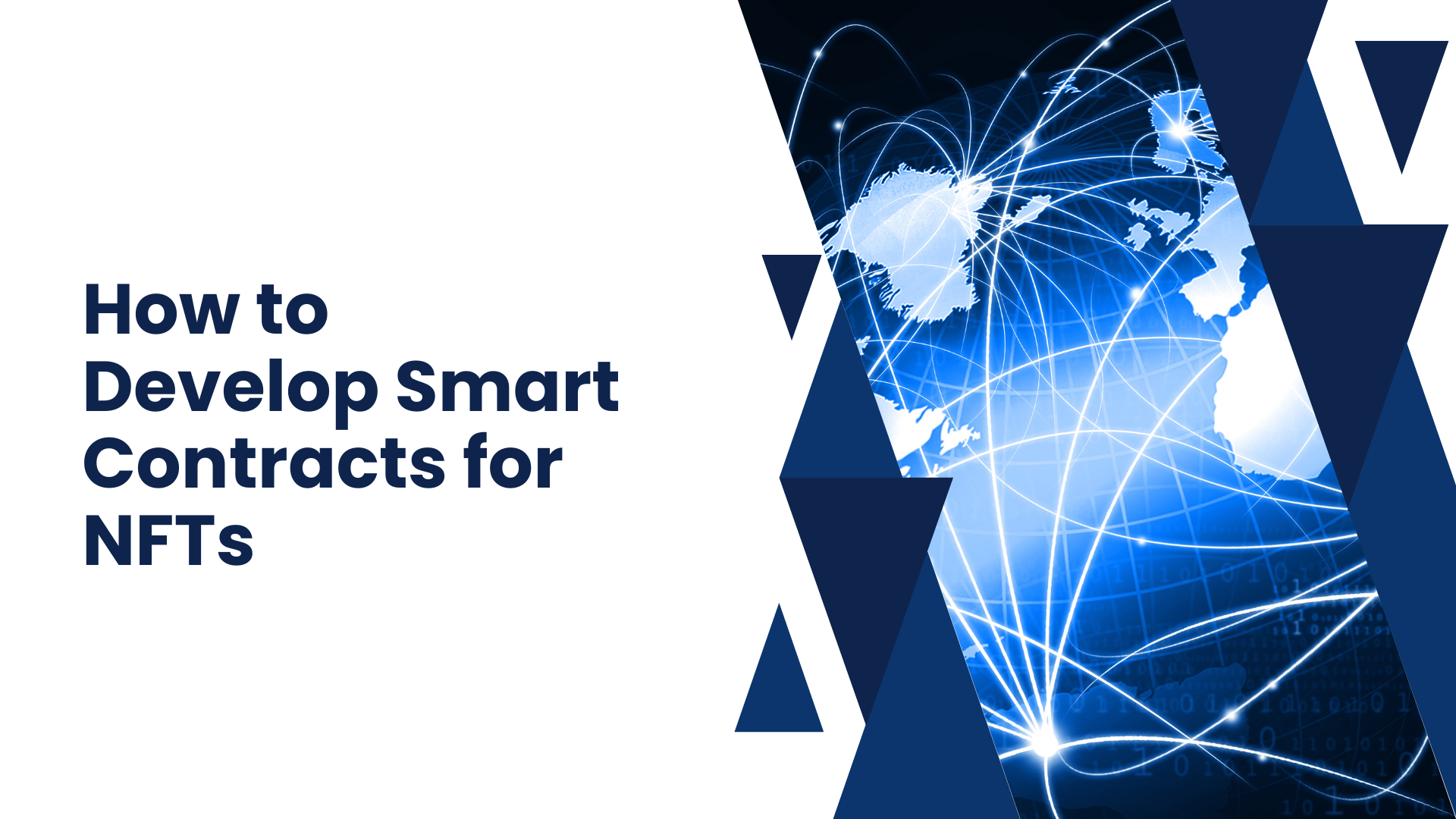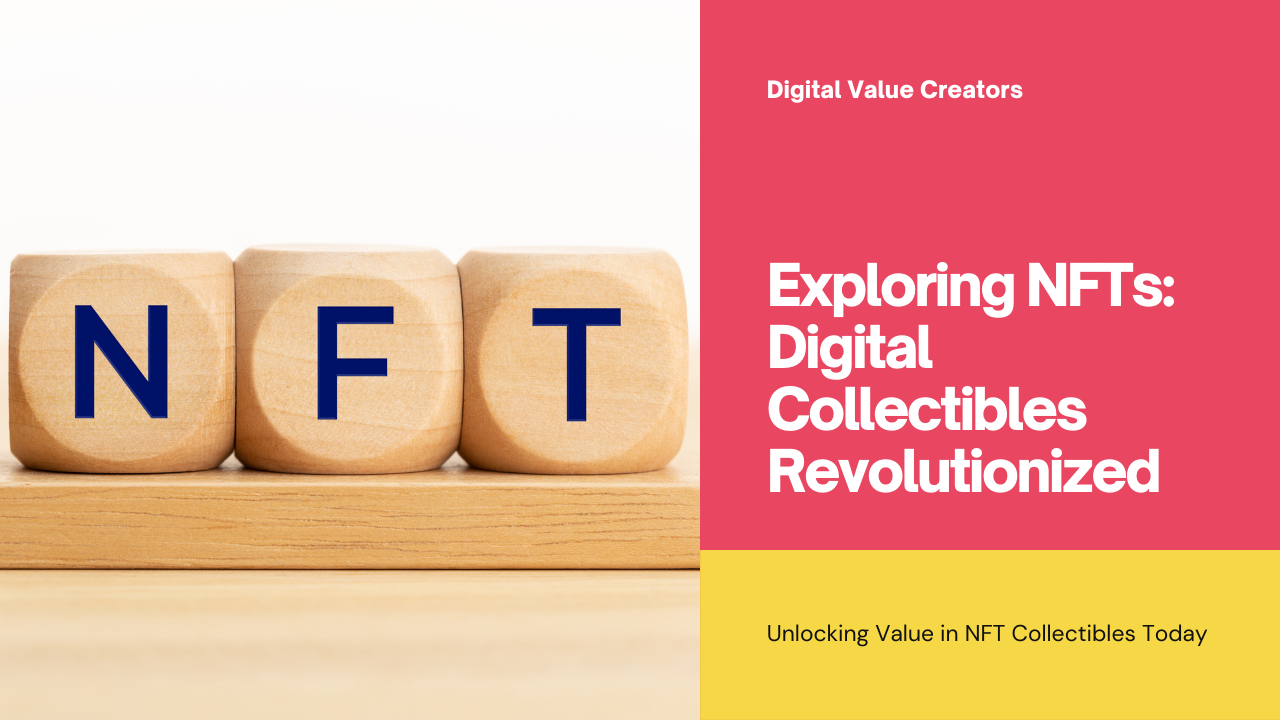NFTs are unique digital assets representing ownership or proof of authenticity of a specific item, often secured using blockchain technology. Unlike cryptocurrencies like Bitcoin or Ethereum, NFTs are non-fungible, meaning each one is unique and cannot be exchanged on a one-to-one basis.
NFT marketplaces are platforms where users can create, buy, sell, and trade these digital assets. Examples of popular NFT marketplaces include OpenSea, Rarible, and Foundation. While these platforms offer new opportunities for creators and collectors, they also bring several legal challenges that must be addressed.
Intellectual Property Rights
Ownership and Licensing
Intellectual property (IP) rights are a primary concern in the NFT space. When minting a digital asset as an NFT, it’s crucial to determine who owns the underlying content and what rights are transferred to the buyer. NFT marketplaces must clearly define ownership and licensing terms associated with each NFT.
Marketplace operators should ensure that creators have the legal right to mint the content as an NFT. This involves verifying that the creator holds the necessary IP rights or has obtained permission from the original rights holder. Additionally, marketplaces should provide detailed terms of service outlining the rights transferred to buyers, including whether they receive full ownership, a limited license, or simply proof of authenticity.
Copyright Infringement
Copyright infringement poses a significant risk for NFT marketplaces. Unauthorized minting of copyrighted material can lead to legal disputes and potential liability for the platform. To mitigate this risk, marketplaces should implement robust mechanisms for verifying the authenticity and ownership of the content being minted.
This may include requiring creators to provide proof of ownership, such as copyright registration or written consent from the rights holder. Marketplaces should also have a clear process for handling copyright infringement claims and promptly removing infringing content.
Regulatory Compliance
Securities Law
The classification of NFTs under securities law is a complex and evolving issue. In some cases, NFTs may be considered securities, subjecting them to regulatory requirements. For example, if an NFT is marketed as an investment with the expectation of profit derived from the efforts of others, it could be deemed a security.
Marketplace operators must carefully assess whether the NFTs listed on their platform fall under securities regulations. If so, they must comply with relevant securities laws, including registration and disclosure requirements. Engaging legal counsel with expertise in securities law is essential to navigate this intricate legal landscape.
Anti-Money Laundering (AML) and Know Your Customer (KYC) Regulations
AML and KYC regulations aim to prevent money laundering and other illicit activities. Given the pseudonymous nature of blockchain transactions, NFT marketplaces must implement measures to ensure compliance with these regulations.
This includes verifying the identity of users, monitoring transactions for suspicious activity, and reporting any suspicious transactions to the relevant authorities. Implementing robust AML and KYC procedures not only helps mitigate legal risks but also enhances the trust and credibility of the marketplace.
Consumer Protection
Transparency and Disclosure
Transparency is paramount in the NFT space. Marketplaces should provide clear and comprehensive information about the NFTs listed on their platform, including details about the creator, ownership history, and any associated rights or limitations. This information helps buyers make informed decisions and reduces the risk of disputes.
Furthermore, marketplaces should disclose any fees, including transaction fees, listing fees, and royalties, in a transparent manner. Clear and upfront communication about these costs helps build trust with users and ensures compliance with consumer protection laws.
Fraud and Security
The rise of NFTs has also seen an increase in fraudulent activities, including counterfeit NFTs, phishing scams, and hacking incidents. NFT marketplaces must implement robust security measures to protect users from fraud and ensure the integrity of their platform.
This includes employing secure coding practices, conducting regular security audits, and providing users with tools to verify the authenticity of NFTs. Additionally, marketplaces should educate users about common scams and provide guidelines on how to protect themselves.
Tax Implications
Taxation of NFT Transactions
The tax treatment of NFT transactions is a complex and evolving area of law. Depending on the jurisdiction, the sale, purchase, or creation of NFTs may have various tax implications, including income tax, capital gains tax, and value-added tax (VAT).
Marketplace operators should provide users with guidance on the potential tax obligations associated with NFT transactions. This may involve offering resources or partnering with tax professionals to help users understand and comply with their tax responsibilities.
Reporting and Compliance
In addition to user education, NFT marketplaces must ensure their own compliance with tax laws. This includes maintaining accurate records of transactions, providing necessary tax forms to users, and reporting income to tax authorities as required.
Failing to comply with tax regulations can result in significant penalties and legal issues. Therefore, engaging with tax professionals and staying abreast of evolving tax laws is essential for marketplace operators.
Contractual Agreements
Terms of Service and User Agreements
Clear and comprehensive terms of service (ToS) and user agreements are crucial for NFT marketplaces. These documents outline the rights and responsibilities of both the marketplace and its users, helping to mitigate legal risks and prevent disputes.
Key elements of ToS and user agreements should include:
- Ownership and Licensing Terms: Clarifying the rights transferred to buyers and the responsibilities of creators.
- Dispute Resolution: Outlining procedures for resolving disputes, including arbitration or mediation clauses.
- Limitation of Liability: Defining the extent of the marketplace’s liability in case of disputes or issues with NFTs.
- Termination and Suspension: Detailing the circumstances under which user accounts may be terminated or suspended.
Smart Contracts
Smart contracts are self-executing contracts with the terms of the agreement directly written into code. They play a vital role in NFT marketplaces by automating various processes, such as royalty payments and transfer of ownership.
While smart contracts offer numerous benefits, they also present legal challenges. Marketplace operators must ensure that smart contracts are carefully drafted to reflect the intended terms and comply with relevant laws. Engaging with legal professionals who understand both blockchain technology and contract law is essential to navigate these challenges.
International Considerations
Jurisdiction and Governing Law
NFT marketplaces often operate globally, involving users from different jurisdictions. Determining the applicable jurisdiction and governing law is critical for resolving disputes and ensuring legal compliance.
Marketplace operators should specify the jurisdiction and governing law in their ToS and user agreements. Additionally, they should be aware of the legal requirements in different jurisdictions and take steps to comply with international laws and regulations.
Cross-Border Transactions
Cross-border transactions can raise various legal issues, including differences in IP laws, tax obligations, and regulatory requirements. Marketplace operators must consider these factors when facilitating transactions between users from different countries.
Engaging with legal experts who have a global perspective can help navigate the complexities of cross-border transactions and ensure compliance with international laws.
Conclusion
The rapid growth of the NFT market presents exciting opportunities for creators, collectors, and marketplace operators. However, navigating the legal landscape of NFT marketplaces requires careful consideration of various issues, including intellectual property rights, regulatory compliance, consumer protection, tax implications, and contractual agreements.
By proactively addressing these legal considerations and seeking guidance from legal professionals, NFT marketplace operators can build a compliant, secure, and trustworthy platform. This not only helps mitigate legal risks but also enhances the overall user experience, fostering long-term success in the dynamic world of NFTs.
Understanding and addressing these legal aspects will be crucial for the sustainable growth of the NFT ecosystem, ensuring that it remains a vibrant and legally sound space for innovation and creativity.







